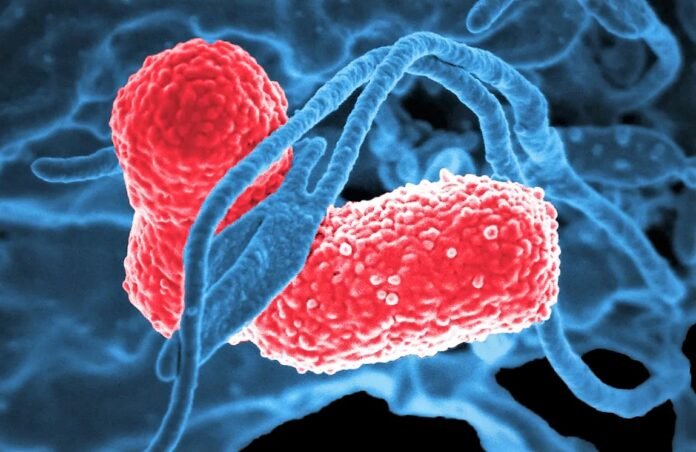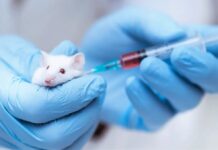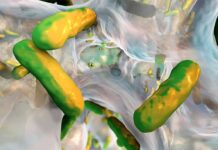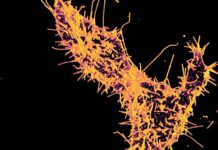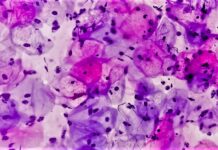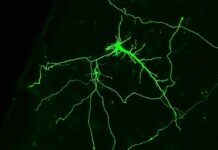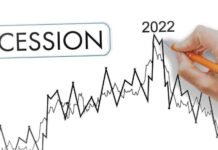Astonishing Discoveries
In a groundbreaking study, published in the esteemed journal Cell Metabolism, researchers stumbled upon a startling correlation between the gut bacterium Klebsiella aerogenes and depression in premenopausal women. What’s more, this enigmatic bacterium possesses a unique enzyme in its genetic makeup, capable of dismantling the hormone estradiol. When introduced to mice, K. aerogenes sparked a noticeable decline in estradiol levels, culminating in depressive-like conduct when juxtaposed with the control group.
Unraveling the Estradiol-Depression Conundrum
Delving deeper into the mysterious interplay between estradiol and depression, the investigators scrutinized fecal samples obtained from premenopausal women grappling with depression. Astonishingly, these samples exhibited a heightened ability to break down estradiol, in stark contrast to their nondepressive counterparts. Adding another layer to the puzzle, fecal transplants originating from the depressive group triggered depression-like responses in the unsuspecting mice.
Shedding Light on K. aerogenes’ Enigmatic Role
Through a series of intricate experiments, the research team pinpointed K. aerogenes as the catalyst behind this degradative phenomenon. When fecal specimens from the depressive group were cultivated in an environment teeming with estradiol as the sole carbon source, K. aerogenes thrived. The researchers subsequently unearthed an estradiol-dismantling enzyme within the genetic blueprint of K. aerogenes. Ingeniously, they engineered this enzyme into an Escherichia coli strain, which they then fed to female mice. The results were telling: a marked reduction in blood, brain, and hippocampus estradiol levels, accompanied by a surge in depressive-like behaviors.
Untangling the Web of Association and Causality
While these findings are undeniably compelling, it is crucial to acknowledge that the causality observed in mice remains unproven in humans. Nevertheless, the study casts a fascinating light on the potential connection between the gut microbiome and depression, sparking the flames of curiosity and driving further exploration into the enigmatic world of the microbiome’s role in affective disorders.
Google News | Telegram

